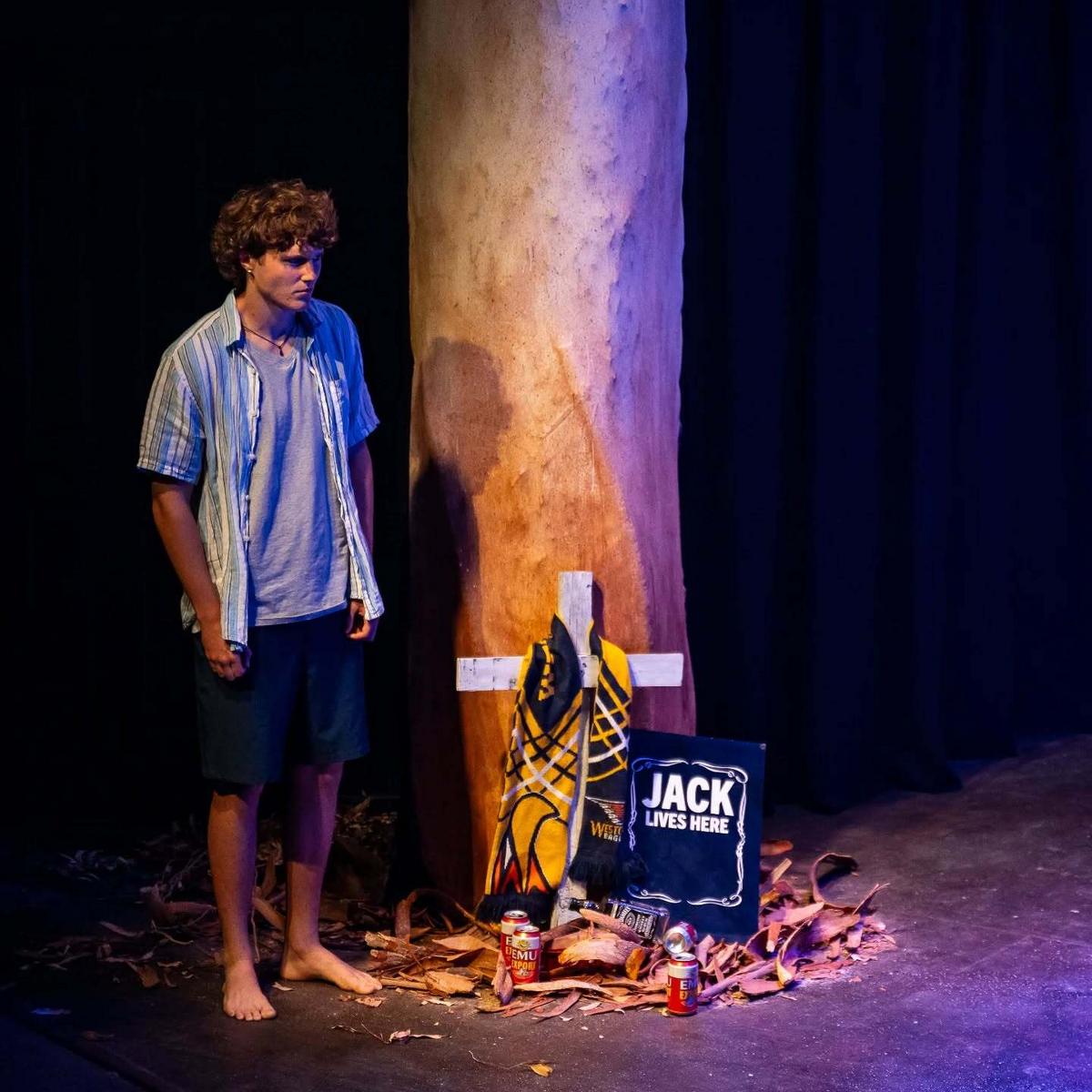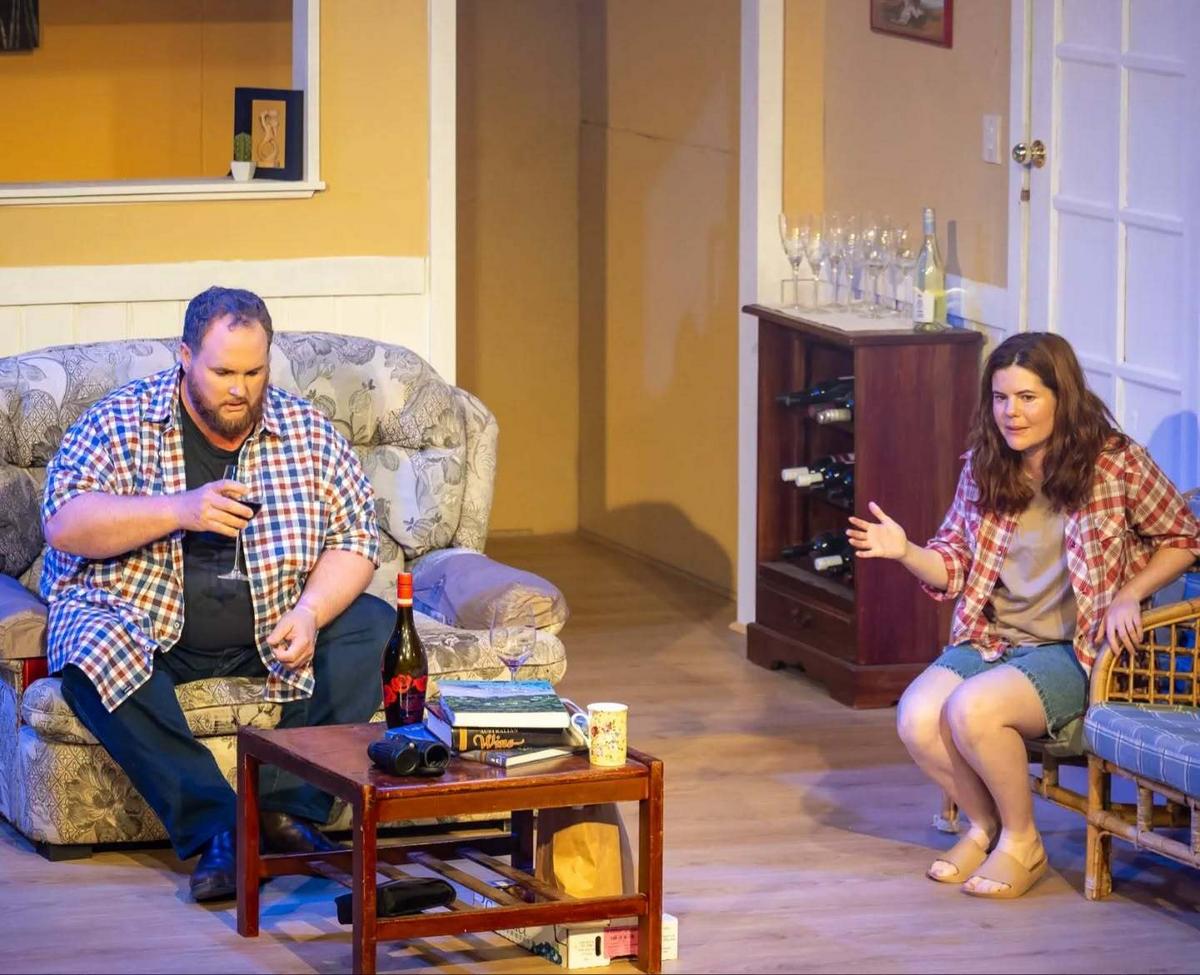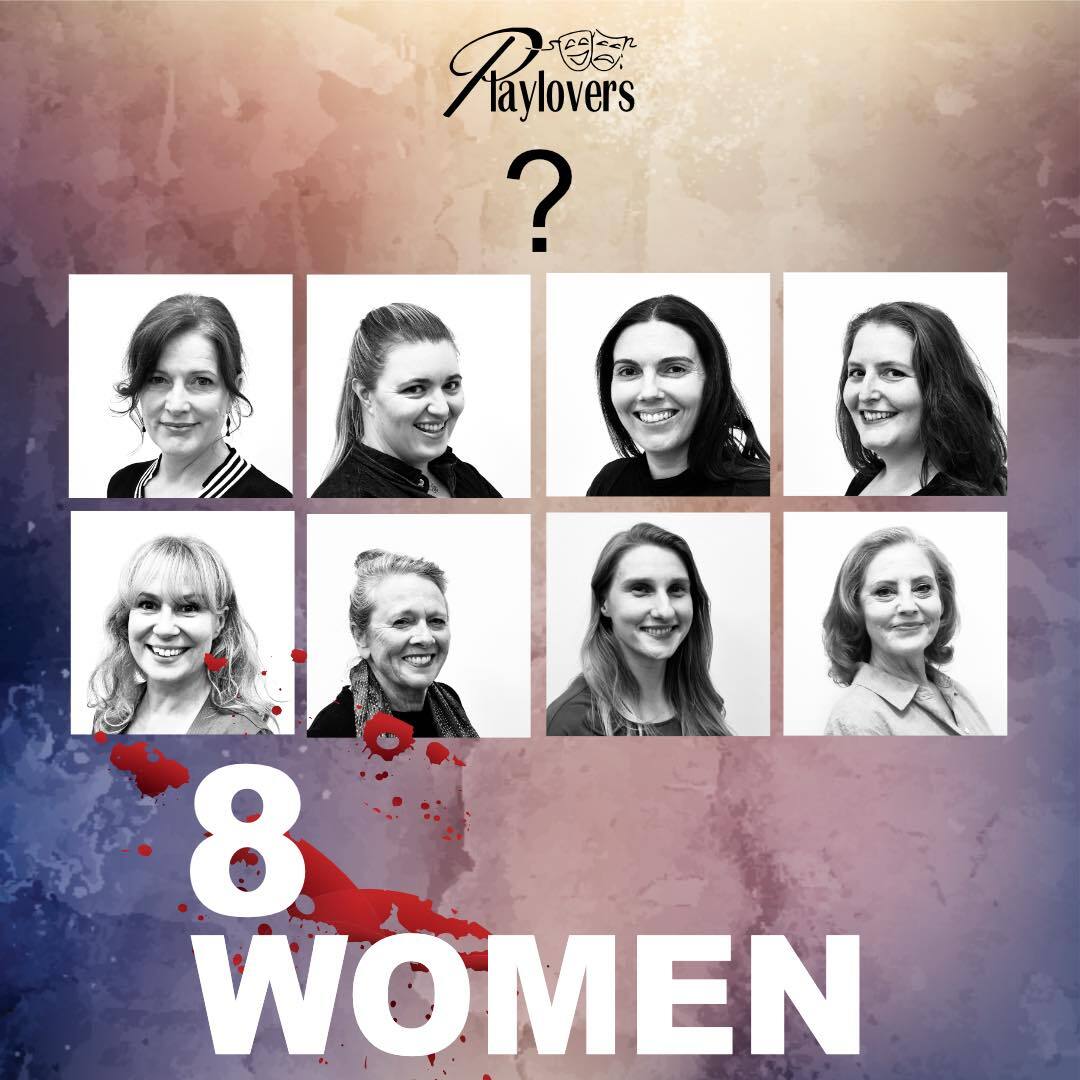Villanova Players’ opening night of The Great Divide seemed to go off without a hitch. The Ron Hurley Theatre is a great venue for live theatre, with lots of parking, comfy seats, and great acoustics. Trust Google Maps; it may feel like it is leading you astray, but it will get you there.
With great little bars and restaurants in the area, I tried “The Old Seven” before the show as it was so close to the venue and had delicious food.
With the constraints in BCC spaces, director Elizabeth Morris planned a simple but functional set. The crew helped set the mood with lighting and kept pace with the very fast scene changes.
The play deals with the politics of developer vs local and people’s perspective of what something is really worth to them. Topics are very current – lack of rentals because of Airbnb’s; the modernisation of amenities that drives up costs, which attracts wealthy people able to pay more, further widening the divide between mogul and battler.
The play is dialogue-heavy with innuendos and references the older audience members related to. Although touted as a comedy, it is slightly reminiscent in style of another Australian classic, “Black Rock.” It is layered with deceit, manipulation, vulnerability, and naivety but delivered with comedic relief.
Alex, the politician standing for mayor, was played by Carissa. She gave the character an interesting voice that suited Alex as unlikeable and cold. As a developer and investor she is only out for herself although tries to justify it with manipulation and giving false hope.



Jane Binstead and Jade Davis played a mother and daughter combo that the audience recognised. Jade, as the daughter, Rachel was sullen and pouty while taking onboard the unfolding events. Jane’s character Penny was a solo mum who ran for mayor to try and protect her way of life.
Nathan Seng, the newspaperman, reminded you of someone who lived in a small town, surfed, and wanted to only print the truth. Ken Dutt played the interviewer, dressed in the standard black pants and white shirt, making brief appearances. Troy Bullock, the councillor, helped the play to feel like you were back in the 80s with his dress and mannerisms. Victoria McCrystal’s character ‘Grace” was reminiscent of Kirsten Vangsness. Everyone could be clearly heard.
The cast moved through the very fast scene changes in fast black outs and their enthusiasm for the play was enjoyed by the audience with chuckles and comments in appropriate places.
Kudos to the director, cast, and crew for putting on an enjoyable community theatre production. It is always worth checking out the local theatre scene. Throw in a trip to one of the great bars and eateries around the suburbs, and you have a fabulous, affordable night out.
To book tickets to The Great Divide, please visit https://www.villanovaplayers.com/.










